School transportation in rural areas;
Realization and maintenance of rural runways ;
Setting up and implementation of programs to reduce poverty and precariousness;
Diagnosis of the needs in terms of health, housing, education, prevention and hygiene;
Diagnosis of needs in the areas of culture and sports.
Prefectures and Provinces
Prefectures and Provinces are part of the three types of Territorial Collectivities, as defined in Chapter 135 of the 2011 Constitution of the Kingdom. They are governed by a Council elected by means of an indirect ballot in which the electorate and the candidates are the members of the Councils of Communes. They are managed democratically and in accordance with the principles of free administration and governance, as well as being governed by Law No. 112.14.
The Prefectures and Provinces form, at the territorial level, an intermediate level between the Regions and the Communes, which gives them a privileged position that is reflected in the nature of the competencies conferred on them.
| 1503 | 75 | 12 |
| STATES | PREFECTURES AND PROVINCES 12 PREFECTURES 63 PROVINCES | REGIONS |
INTERACTIVE MAP OF PREFECTURES AND PROVINCES IN MOROCCO (RESEARCH BY REGION)
dakhla-oued-ed-dahab

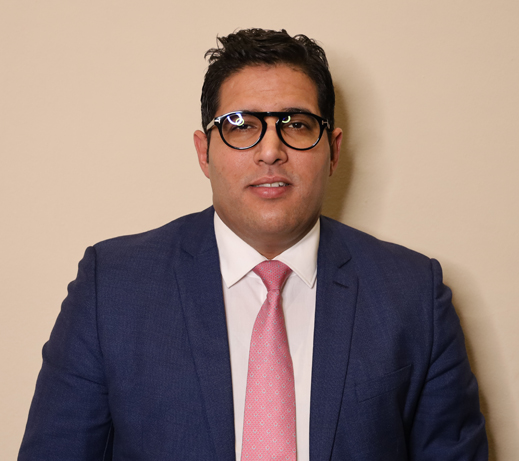
laayoune-sakia-el-hamra
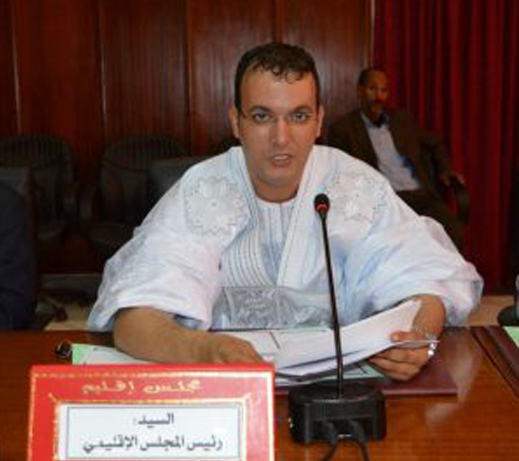
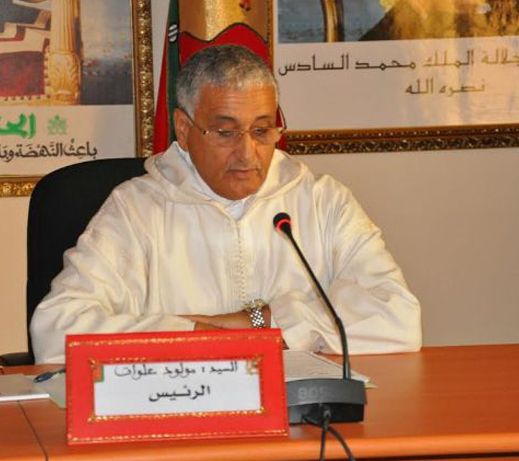
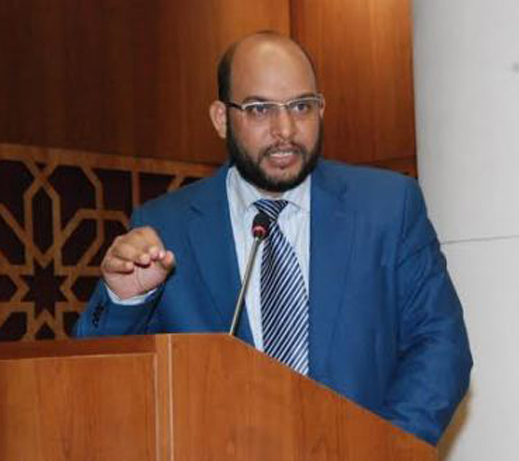
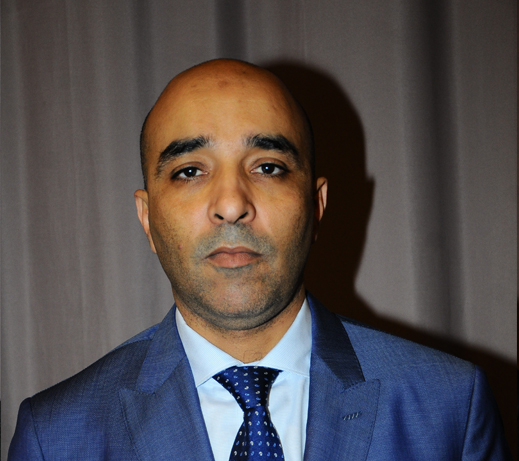
marrakech-safi
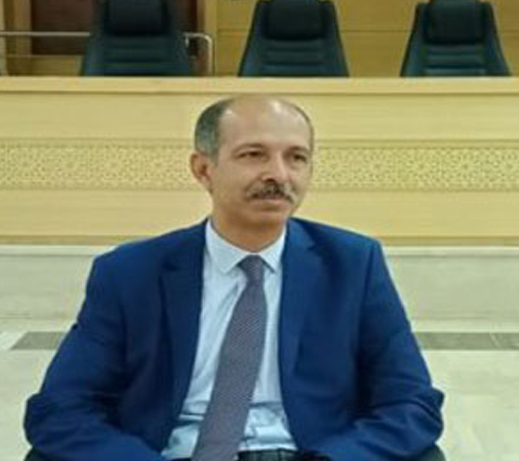
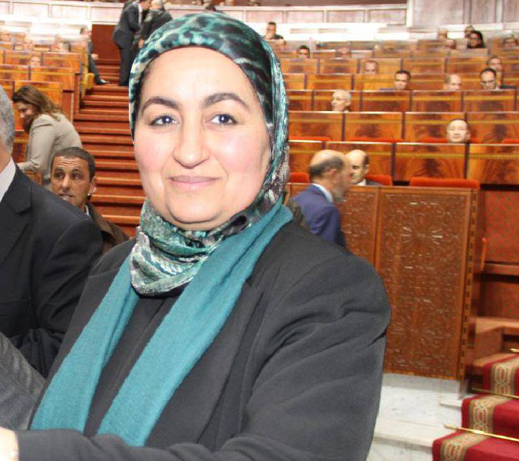
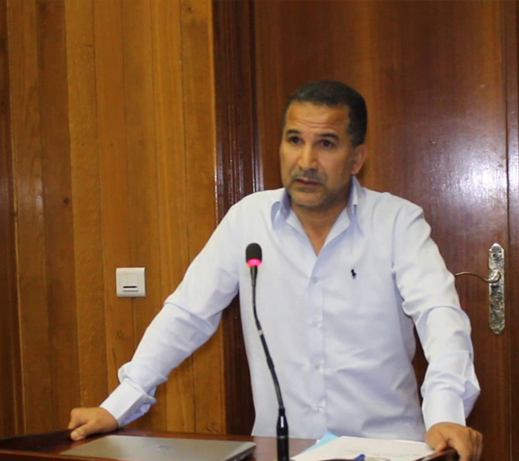
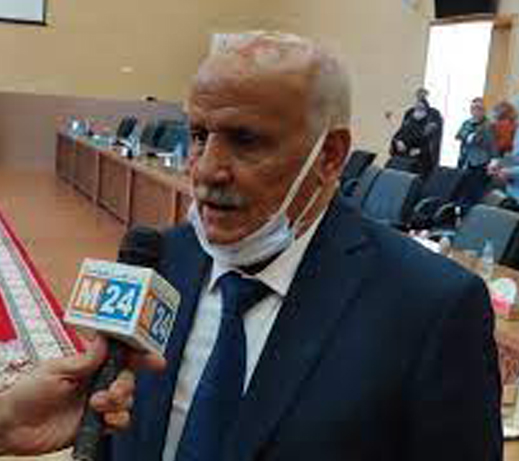
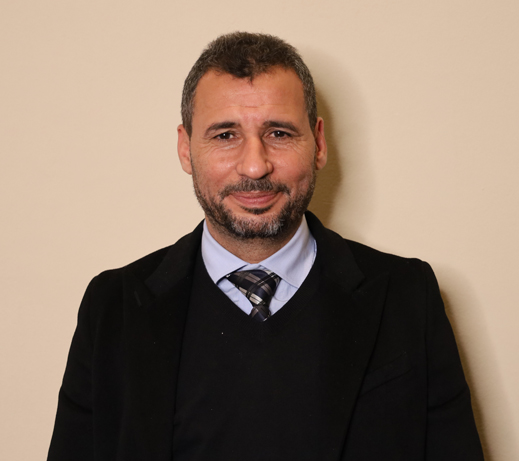
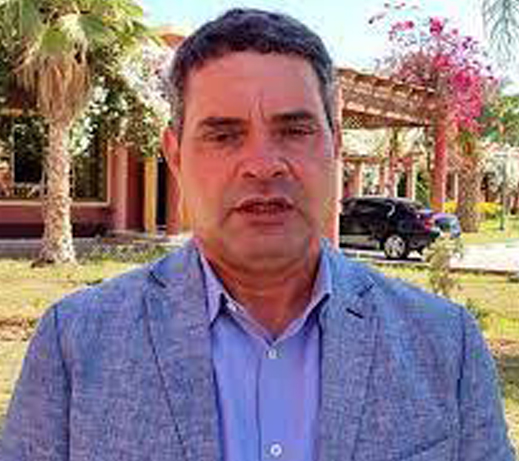

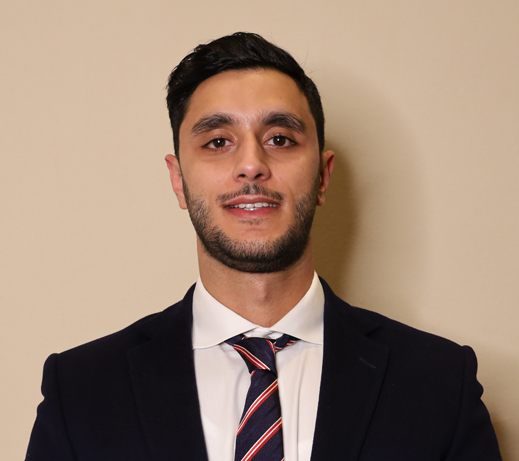
Eastern Region
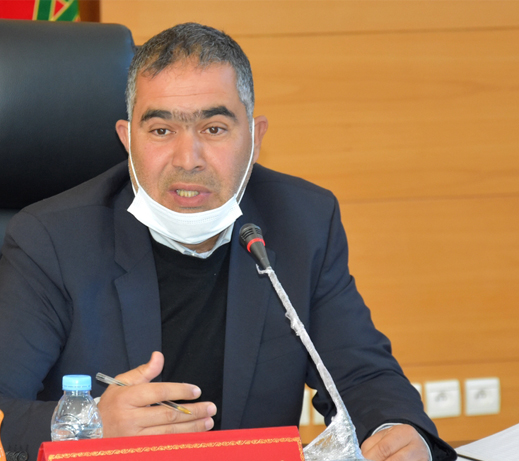
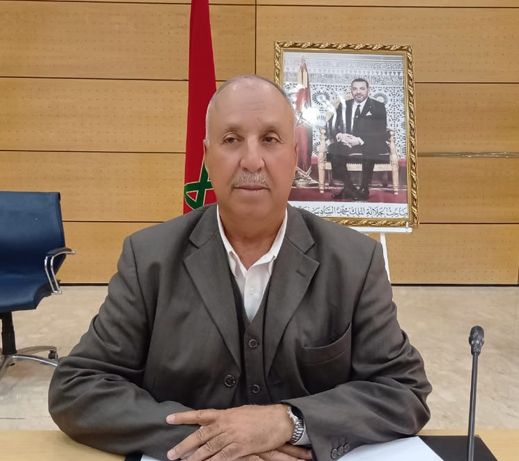
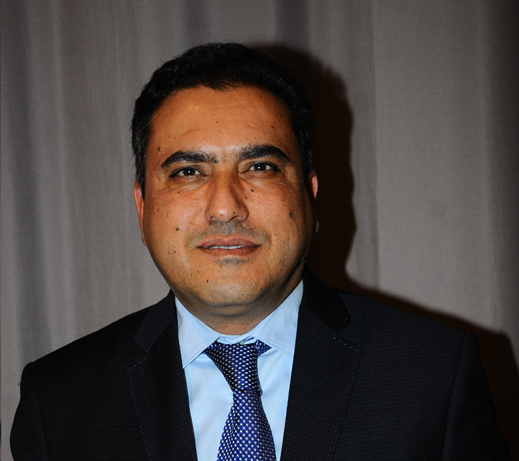

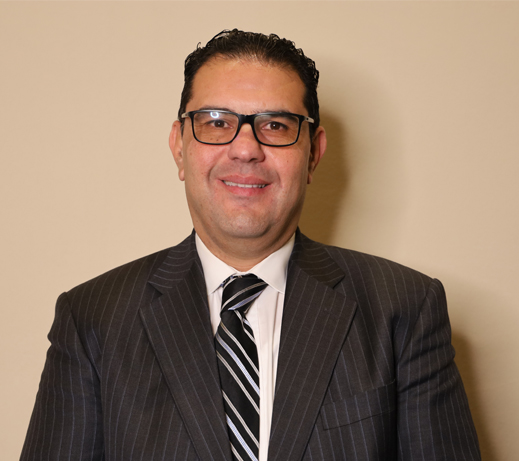
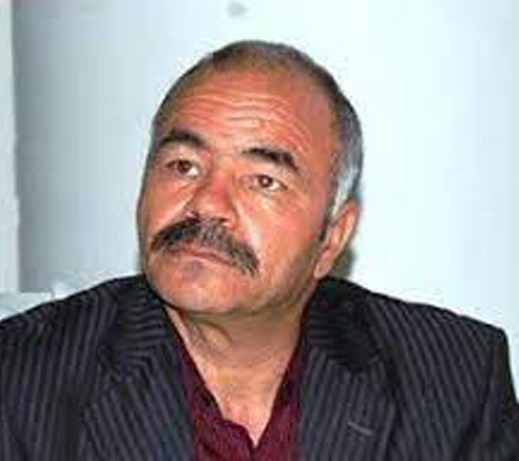


Tanger-Tétouan-Al Hoceima
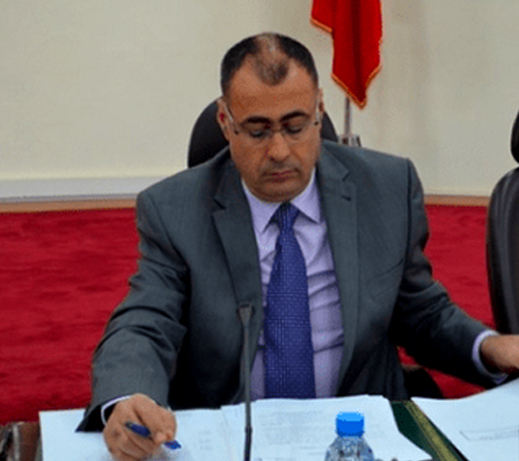
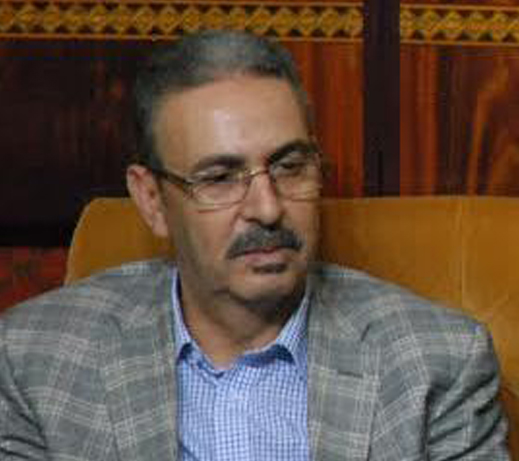
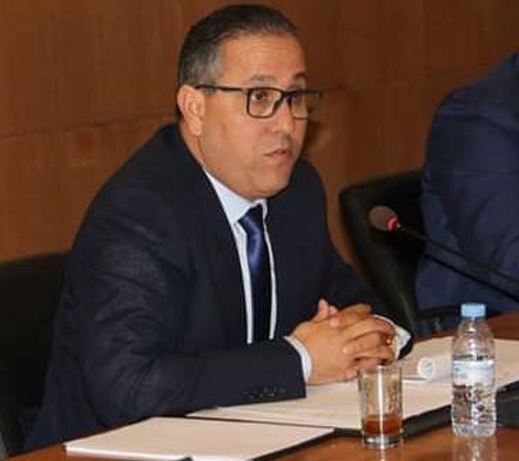
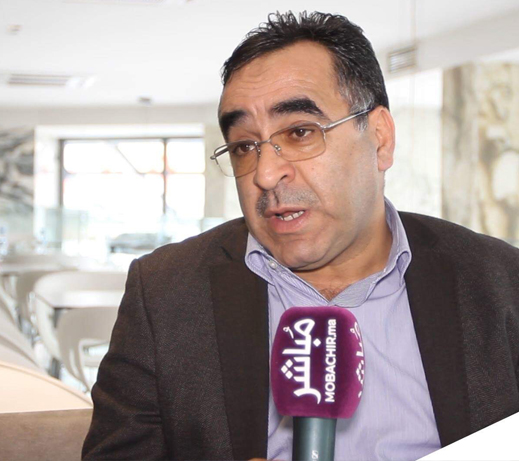
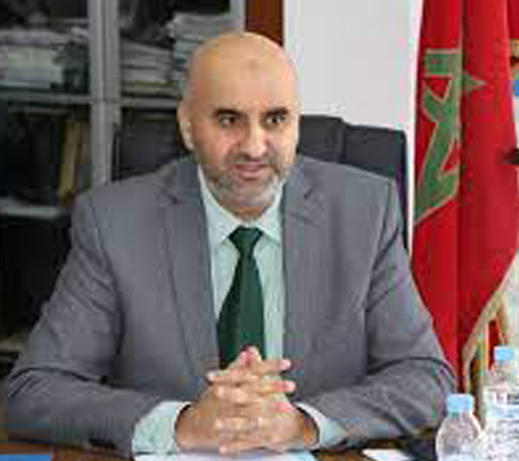
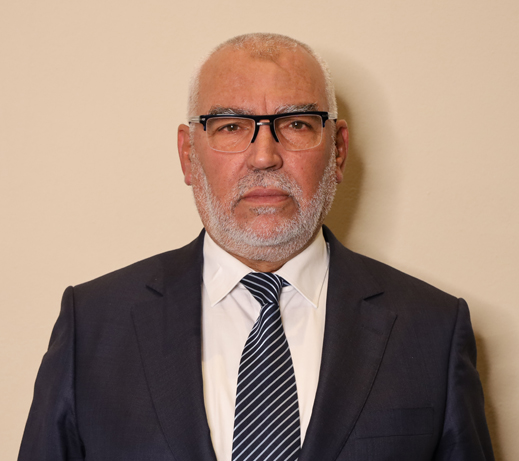
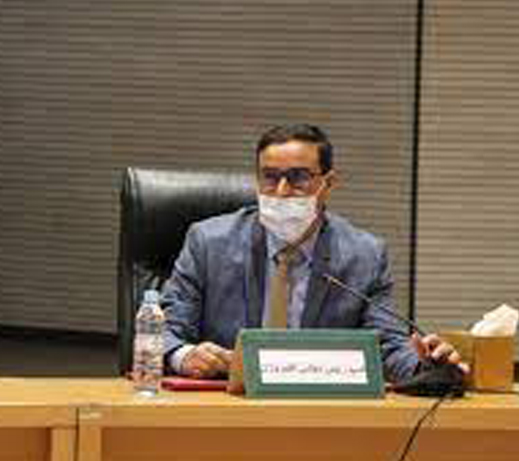
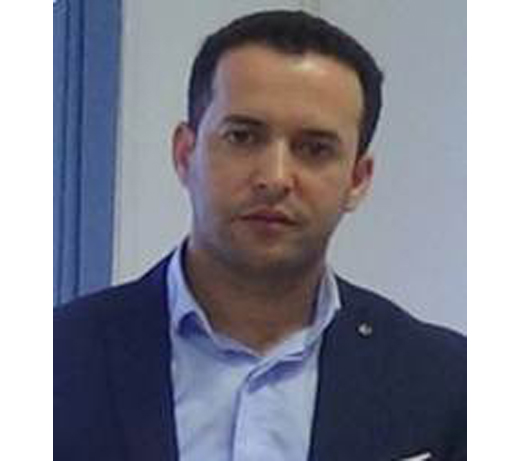
rabat-sale-kenitra
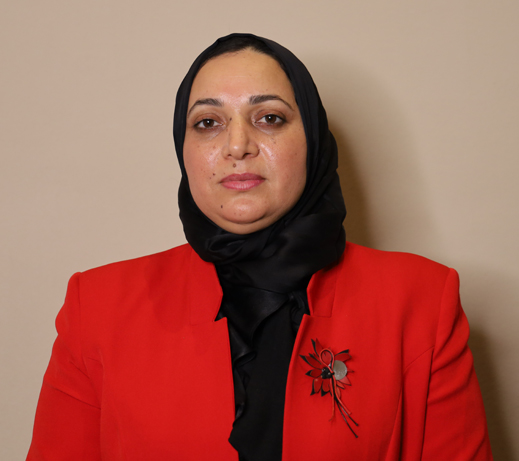

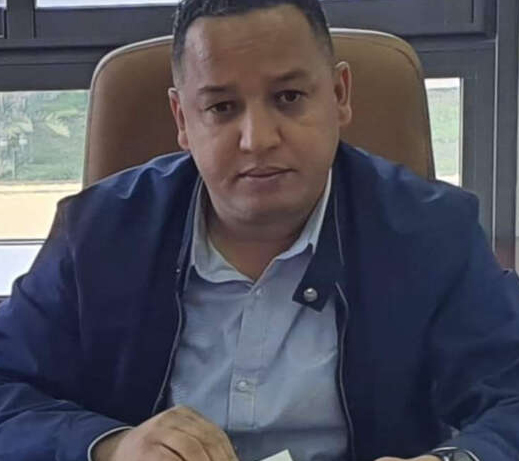
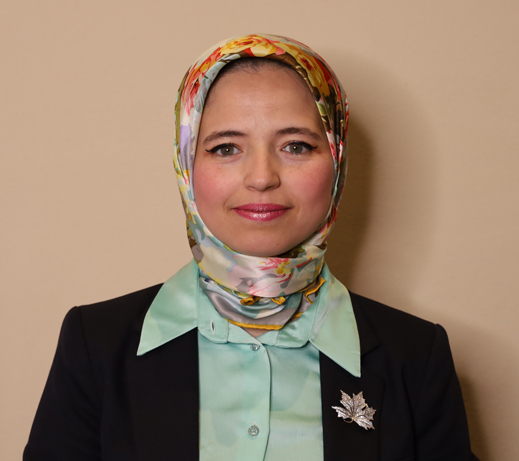
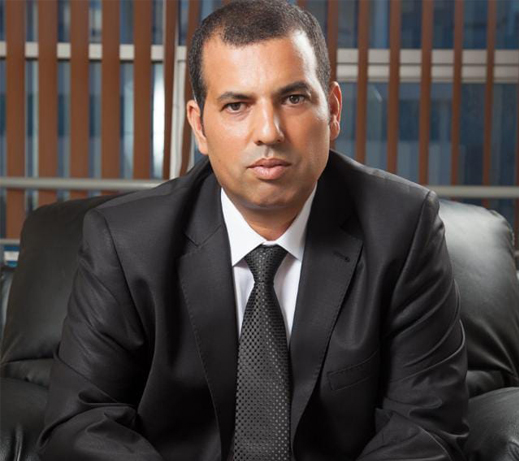


fes-meknes
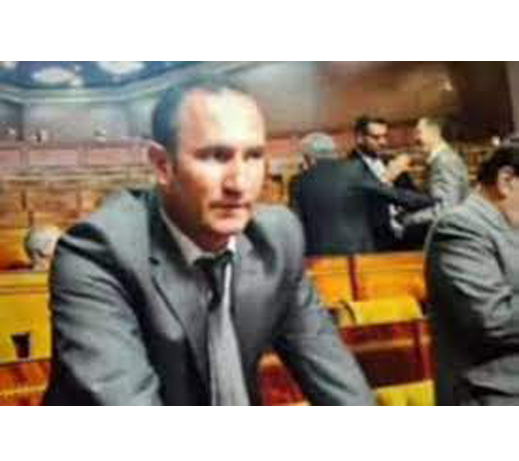

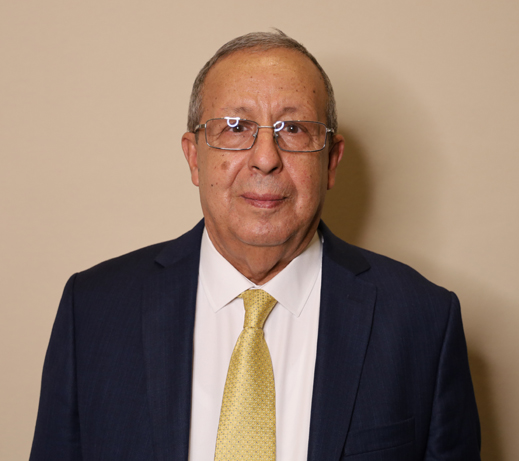
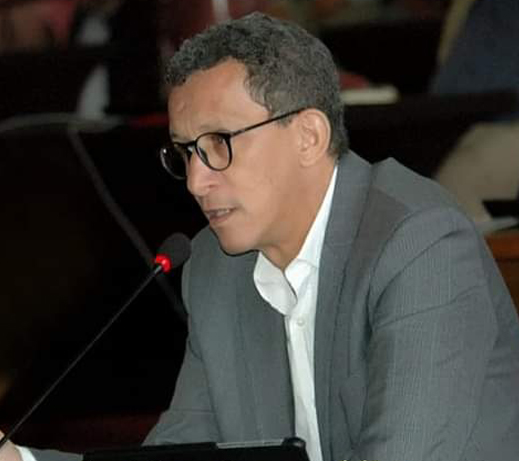
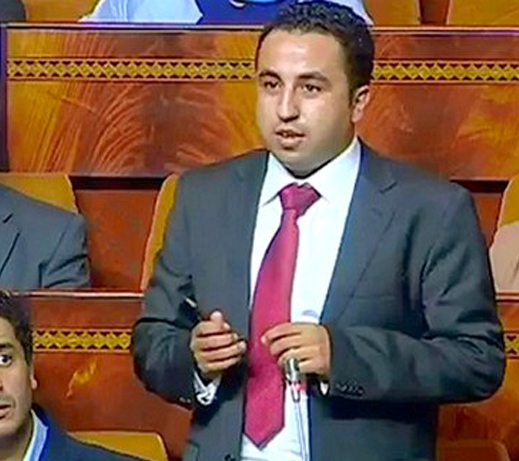
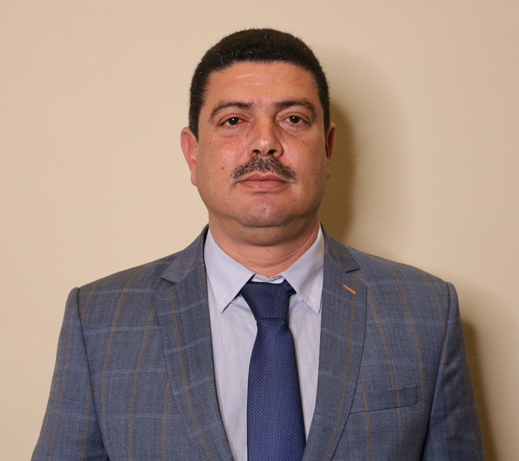
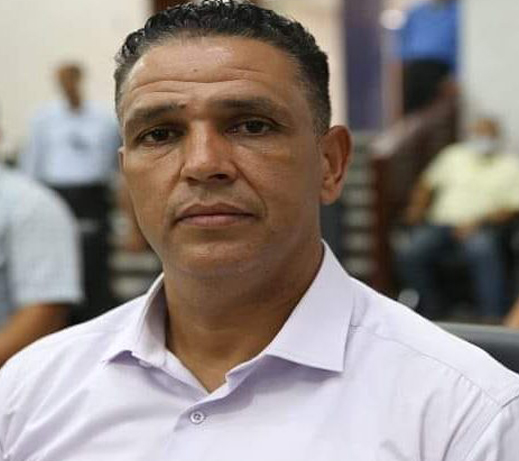
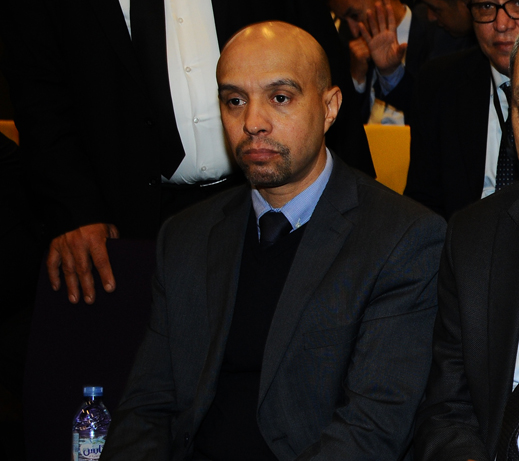
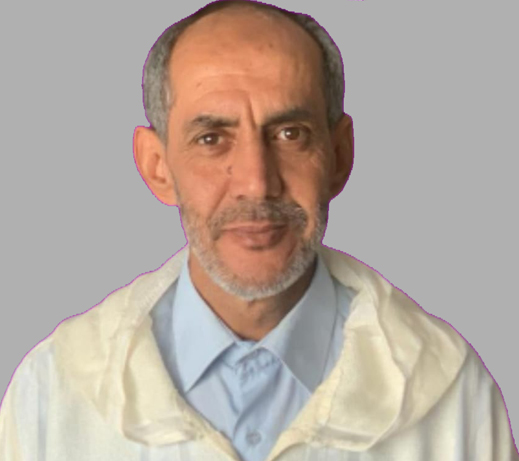
guelmim-oued-noun

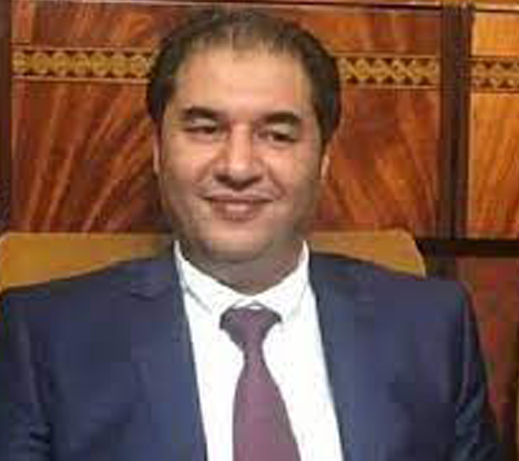
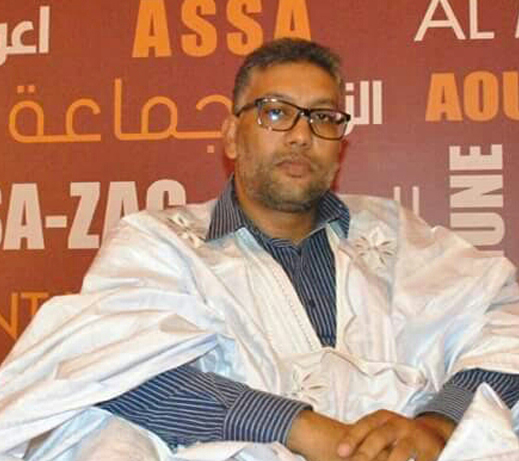
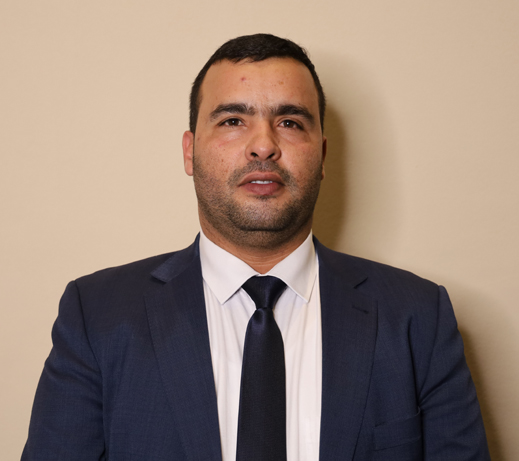
souss-massa

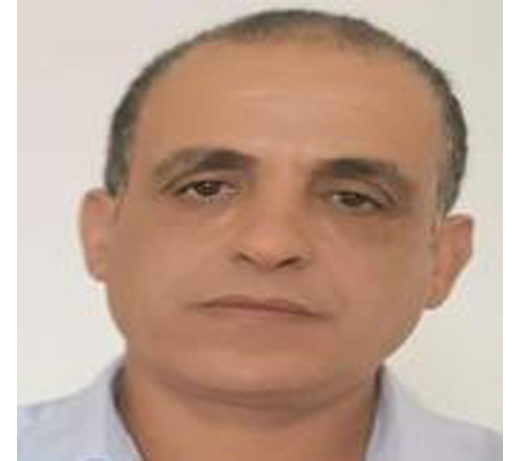
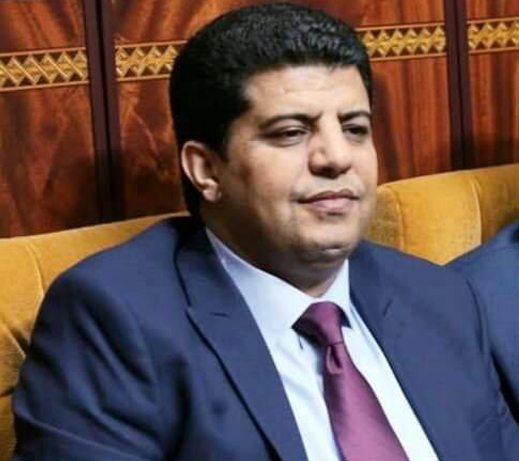
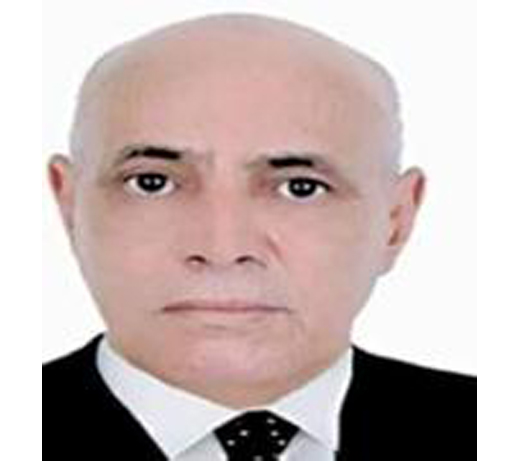
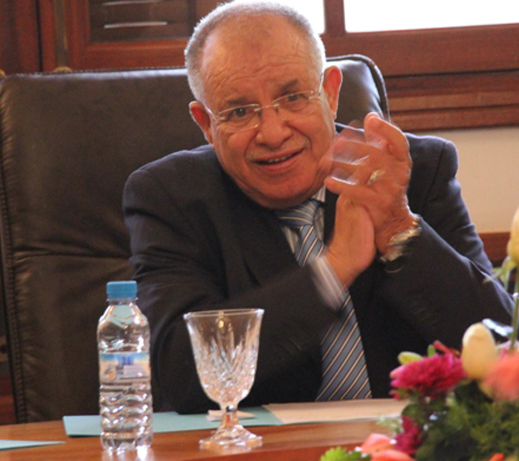
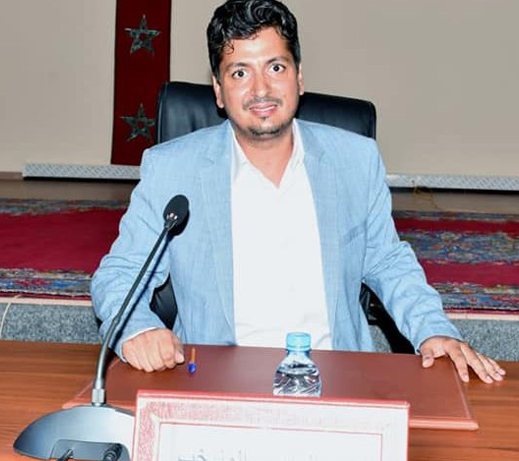
draa-tafilalet
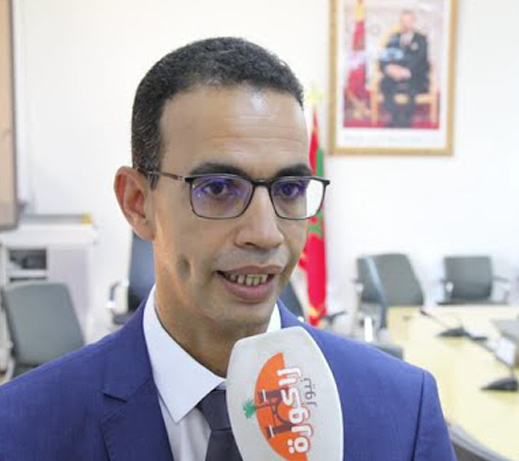
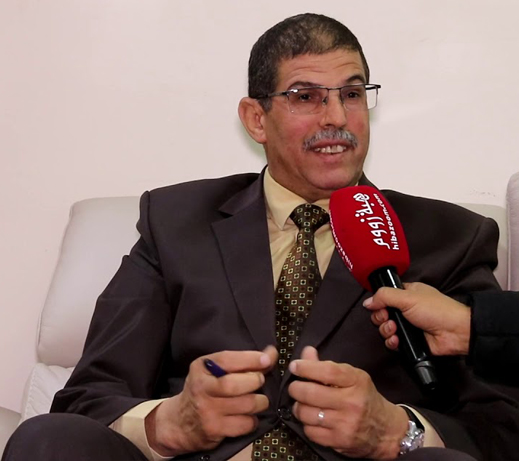
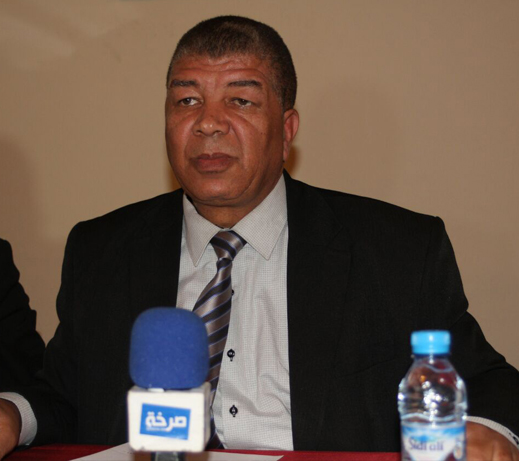
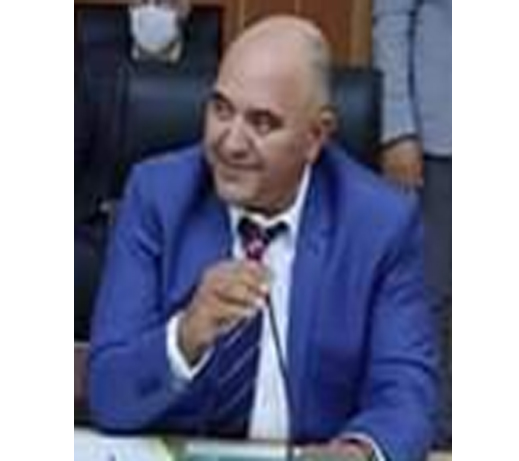
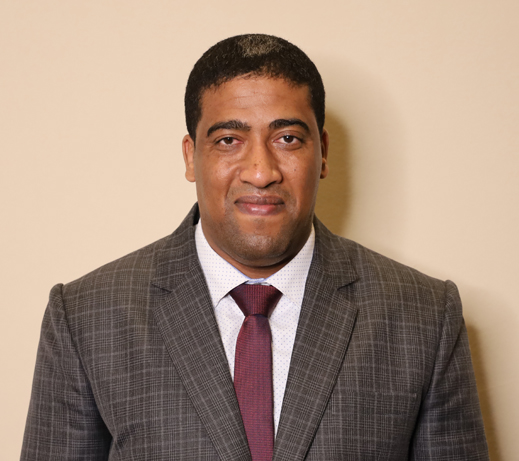
beni-mellal-khenifra
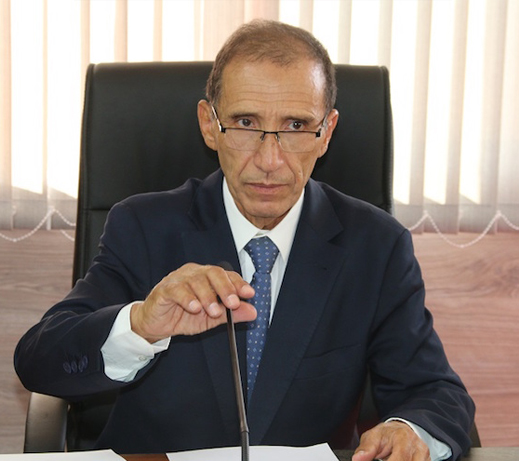
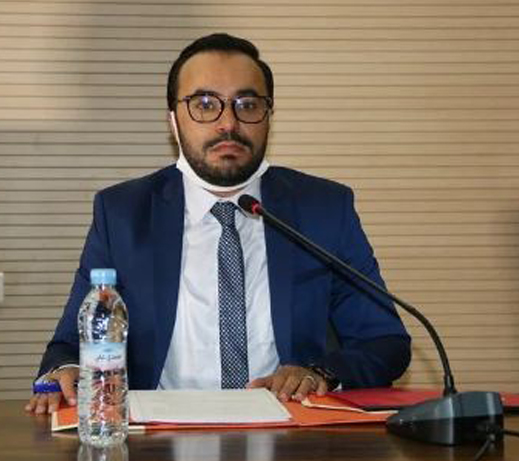
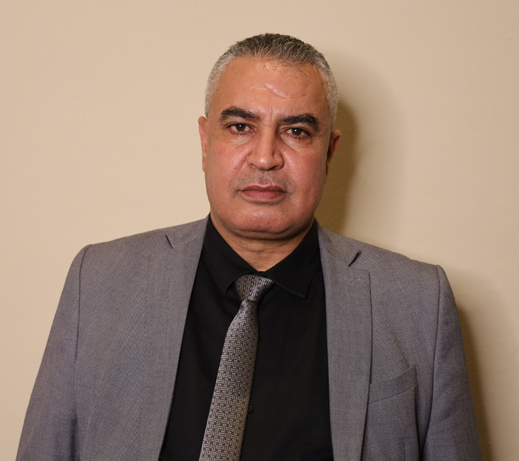
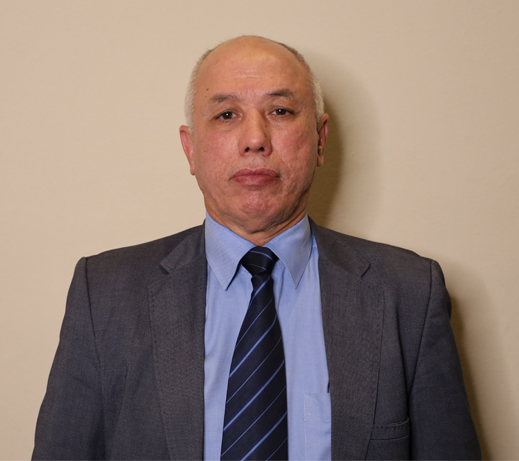
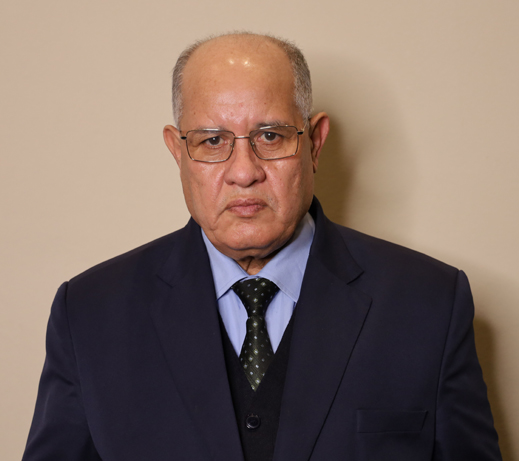
casablanca-setat
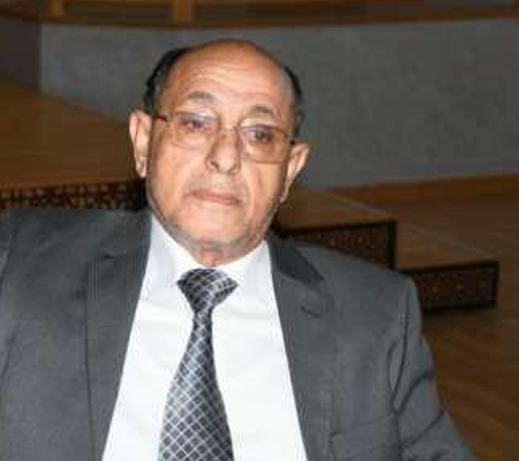
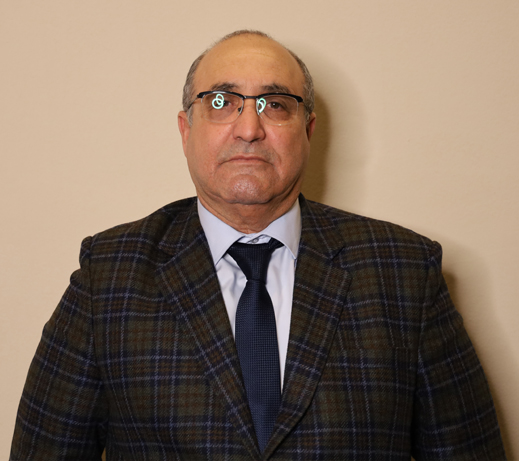
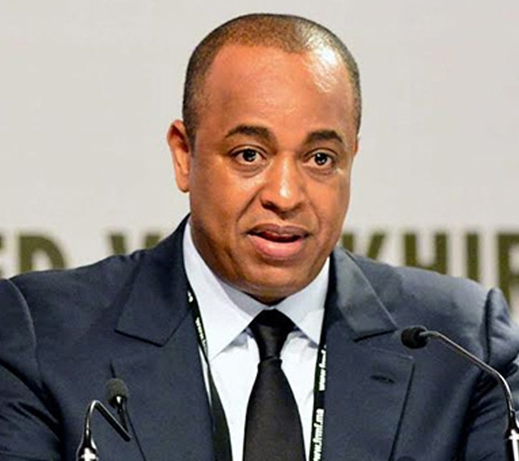
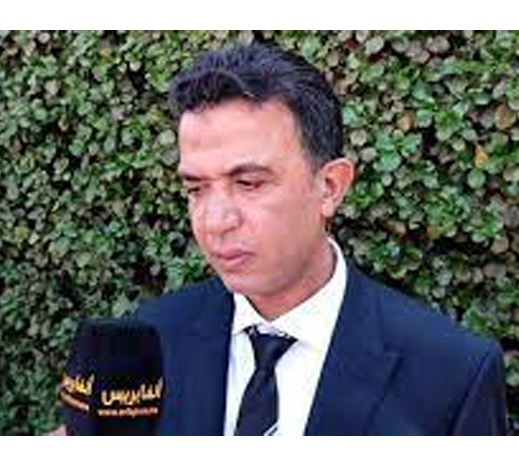
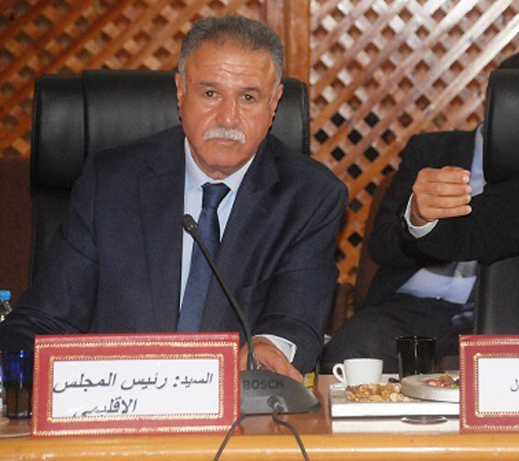
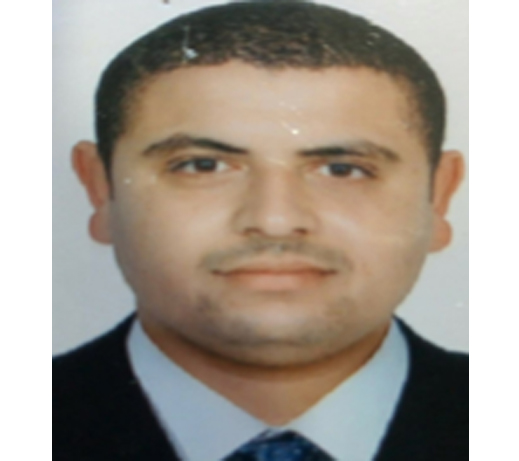
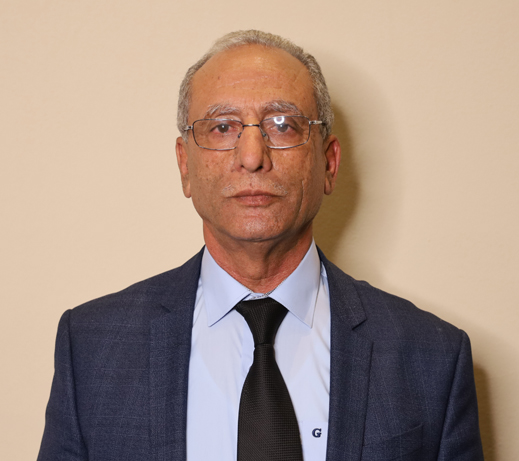
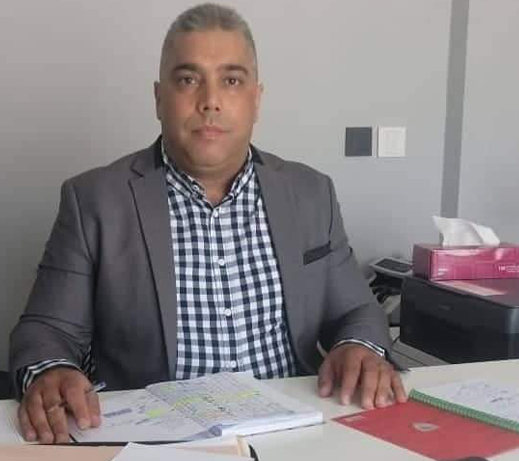
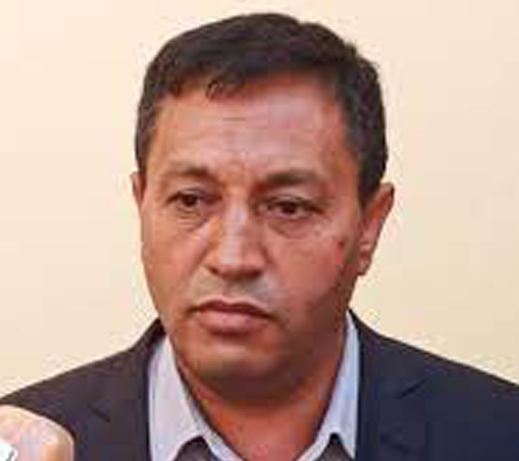
Competences of the Councils of Prefectures and Provinces
In view of the distinguished status of Prefectures and Provinces, and in application of the principle of subsidiarity, Prefectures and Provinces are entrusted, within their territories, with tasks relating to the promotion of social development, particularly in rural and urban areas, just as they are responsible for strengthening efficiency, mutual aid and cooperation among the Communes within their territory.
And in order to implement its competencies, the Organic Law has entrusted them with competencies that are their own, others shared with the Local Government and other competencies that can be transferred by the Local Government.
- Common competencies to the Prefectures and Provinces and to the Local Government
- Transferable competencies from the Local Government
- Own competencies
Upgrading of the rural world in the areas of health, training, infrastructure and equipment.
Development of mountainous and oasis areas.
Contribute to provide the rural world with drinking water and electricity
Programs to open up the rural environment.
Contribution to the construction and maintenance of provincial roads.
The social upgrading in the fields of education, health, social and sport.
Attributions of the Prefectural or Provincial Council and of its President
President attributions
The Presidents of the Councils of Prefectures and Provinces are considered the executive body of the decisions of these Councils. They are also the authorizing officers and the persons empowered to conclude and approve public contracts relating to the Prefectures and Provinces.
The President of the Council chairs the Council sessions and ensures their organization and proper functioning. He is the head of the administration of the Prefecture or Province, just as he is responsible for granting licenses for the temporary occupation of public domains belonging to the Prefectures and Provinces.
The President is replaced by Vice-Presidents, the number of whom is determined according to the number of members of the Council. He may delegate to them some of his powers or his signature.
Council attributions
To rule on everything that falls within the jurisdiction of the Prefecture or the Province, through its elected Council, on the basis of deliberations that take place during three ordinary sessions of the year. These sessions are held on the second Monday of January, June and September. The Council can also meet in extraordinary session whenever necessary.
The deliberations of the Councils of Prefectures and Provinces are carried out democratically and decisions are taken by a majority of the members present and, in exceptional cases, by a majority of the members exercising their functions.

